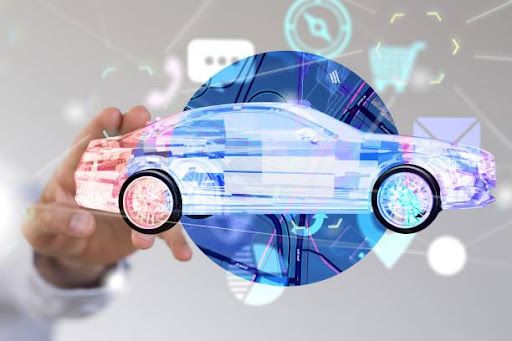The automotive industry แทงบอลออนไลน์ (Football Betting) is experiencing a groundbreaking transformation with the advent of generative artificial intelligence (AI). Generative AI refers to a technology that can generate new content, ideas, or solutions based on patterns and data input. In the automotive sector, this revolutionary technology is reshaping various aspects, from design and manufacturing to autonomous driving and customer experience. In this guide, we will explore the groundbreaking influence of generative AI in the automotive industry, highlighting its applications, benefits, and the future it holds for the sector.
Design and Manufacturing:
Generative AI is revolutionizing the design and manufacturing processes in the automotive industry. By analyzing vast amounts of data and patterns, AI algorithms can generate optimized designs and prototypes. This enables manufacturers to create lighter, more fuel-efficient vehicles with improved safety features. Generative AI also streamlines the manufacturing process by optimizing production workflows, reducing costs, and increasing efficiency.
Autonomous Driving:
One of the most significant impacts of generative AI in the automotive industry is in the development of autonomous driving technology. AI algorithms analyze real-time data from sensors, cameras, and radar systems to make split-second decisions while driving. Generative AI enables vehicles to navigate complex environments, predict and react to potential hazards, and enhance overall safety on the road. The continuous learning capabilities of AI algorithms allow autonomous vehicles to improve their performance over time.
Customer Experience:
Generative AI is transforming the customer experience in the automotive industry. AI-powered virtual assistants and chatbots provide personalized recommendations, answer customer queries, and assist with vehicle maintenance and troubleshooting. AI algorithms can analyze customer preferences, driving habits, and historical data to offer tailored services and improve the overall ownership experience. Generative AI also enables predictive maintenance, allowing vehicles to detect and address potential issues before they become major problems.
Supply Chain Optimization:
The automotive industry relies on complex global supply chains. Generative AI optimizes supply chain operations by predicting demand, optimizing inventory levels, and improving logistics management. AI algorithms analyze historical data, market trends, and external factors to make accurate demand forecasts, minimizing inventory costs and reducing waste. By streamlining supply chain operations, generative AI improves efficiency and ensures timely delivery of parts and components.
Quality Control and Defect Detection:
Generative AI plays a crucial role in quality control and defect detection in the automotive manufacturing process. AI algorithms analyze data from sensors and cameras to identify defects, anomalies, and potential issues during production. This enables manufacturers to identify and rectify problems early, reducing waste, improving product quality, and enhancing overall customer satisfaction. Generative AI also helps in predictive maintenance by monitoring vehicle performance and identifying potential faults.
Conclusion:
Generative AI is revolutionizing the automotive industry by driving advancements in design, manufacturing, autonomous driving, customer experience, and supply chain optimization. This groundbreaking technology is transforming the way vehicles are designed, manufactured, and operated, leading to safer, more efficient, and personalized driving experiences. As generative AI continues to evolve, its influence in the automotive industry will only expand, driving further innovation and reshaping the future of mobility. With its ability to analyze vast amounts of data, make informed decisions, and continuously learn and improve, generative AI is poised to play a pivotal role in shaping the automotive industry in the years to come.


